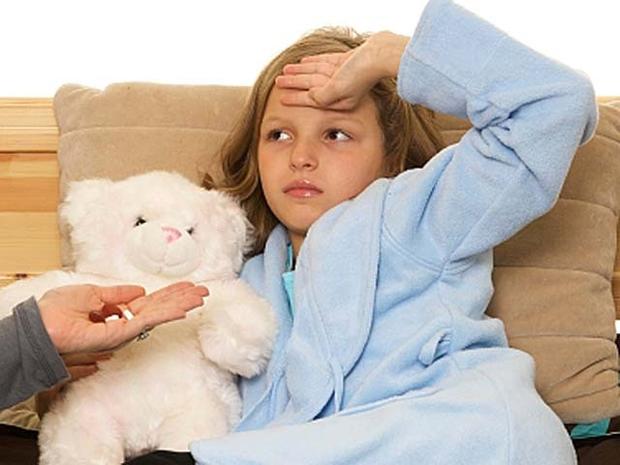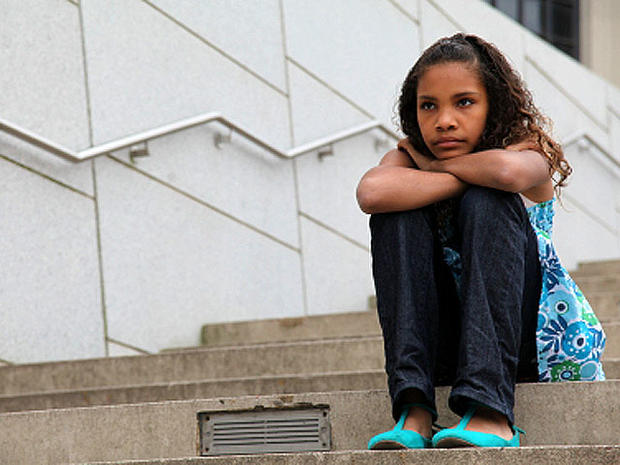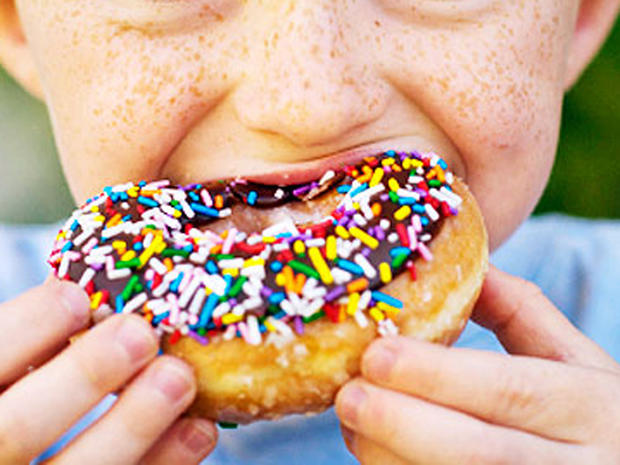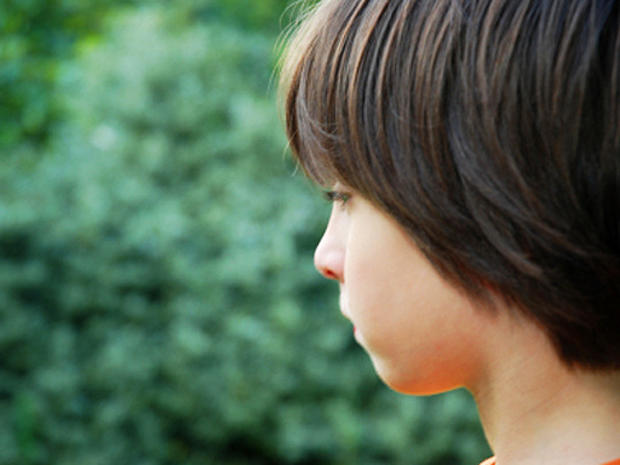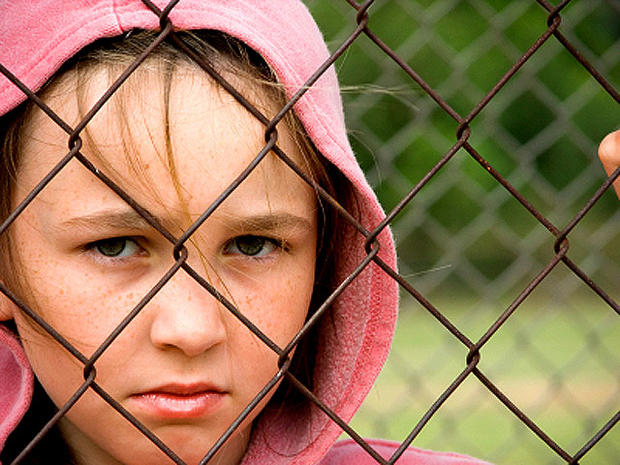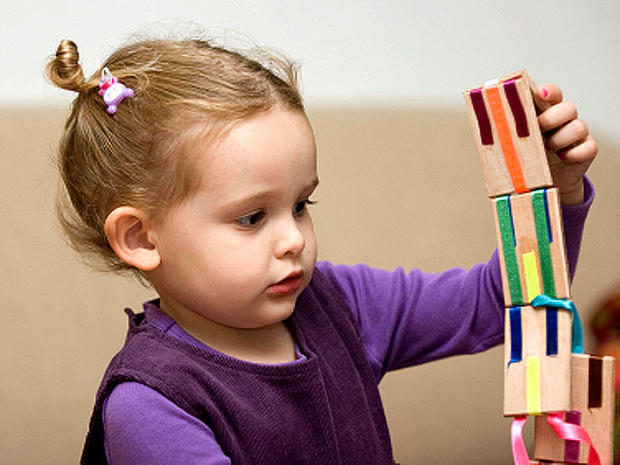Signs your child is not adjusting to new school year
Child anxiety specialist Rhonda C. Martin, a licensed professional clinical counselor and author of "Stuck" - a guide for kids and parents dealing with anxiety and obsessive compulsive disorders, compiled a list of warning signs that something might be amiss that's making your child unhappy. Keep clicking to see what behaviors should raise a red flag...
Signs your child is not adjusting to new school year
Complaints of stomach aches before or after school
Signs your child is not adjusting to new school year
Creation of rituals or rigid routines
For example, a child who has a specific seven-step bedtime routine that must be carried out perfectly may be struggling with school adjustment issues. The child who sets his or her clock one hour earlier than necessary and who slowly completes morning preparations may be making a preemptive move to control the day.
Signs your child is not adjusting to new school year
Increased cravings for white flour carbs, white sugar-based foods
Macaroni and cheese, cookies, candy bars, pizza, pop, bread and crackers are the items children may crave when in stress overload.
Anxious kids should instead eat protein, vegetables, and whole fruit to nurture their bodies. Martin says eating the wrong foods when stressed only exacerbates the negative symptoms and continues the maladaptive stress cycle.
Signs your child is not adjusting to new school year
Significant increases in sibling rivalry
As a result of this tendency, many parents will notice deviations from the normal schedule - such as three-day weekends, winter and spring breaks - as times when there is increased conflict and disharmony between siblings. Usually during the summer months, fights between siblings are at a high as well. Thus, Martin says, most families can expect an increase in peace and harmony by the end of September.
But, if an increase in sibling rivalry occurs and is maintained after the first month of school, this could be a red flag for parents.
Signs your child is not adjusting to new school year
Unable to fall asleep after third week of school
A warm shower 15 minutes before bed may assist the child in falling into deep, restorative sleep. If a child is having trouble falling asleep within 25 minutes, a parent should let him or her get up for 10 minutes and read quietly before trying again.
Preparing the body for rest with a shower and mentally conditioning the mind that bed is only for sleep - and not for lying restlessly - are essential to keep in mind when addressing children's sleep issues, according to Martin.
Signs your child is not adjusting to new school year
Increases in use of unacceptable words, language
Preschoolers may increase the words "stupid, dumb and idiot" in their vocabulary. Elementary children may repeat words used in video games such as "kill, die, death" and even some four-letter words. Older children may repeat phrases about death and killing and use a multitude of curse words. Noticeable changes in vocabulary may indicate other problems that a parent should address.
Signs your child is not adjusting to new school year
Remains stuck on minor negative events instead of focusing on evening activities
Parents should be on the look out if their child with school stress become stuck on such issues for long periods of the evening and at bedtime as well.
Signs your child is not adjusting to new school year
Increased intolerance for directions, chores
A parent may ask a child to pick up her shoes, socks and backpack, but the child returns a loud shriek because she is watching her favorite TV show. A parent may indicate that it is time to take a sibling to soccer, but the child curses a string of inappropriate words while he or she continues to play a video game. In these cases, the child's aversion to distractions may be a sign of a problem that needs to be addressed.
Signs your child is not adjusting to new school year
Cannot name four children they like at school
Parents should ask their child to name those he or she likes and give prompts, such as, "Who is your favorite friend at lunch?," "Who do you like to sit with on the bus?" and "Who do you play with at recess?" Make certain that the child can name a nice circle of friends including a few dependable "can always go to" friends.
Signs your child is not adjusting to new school year
Cannot be comforted with favorite things
Parents should be familiar with three or four comfort items/activities and present them often to the child when something seems amiss. If the child consistently remains distressed in the presence of such items, it may be time to visit your pediatrician.

